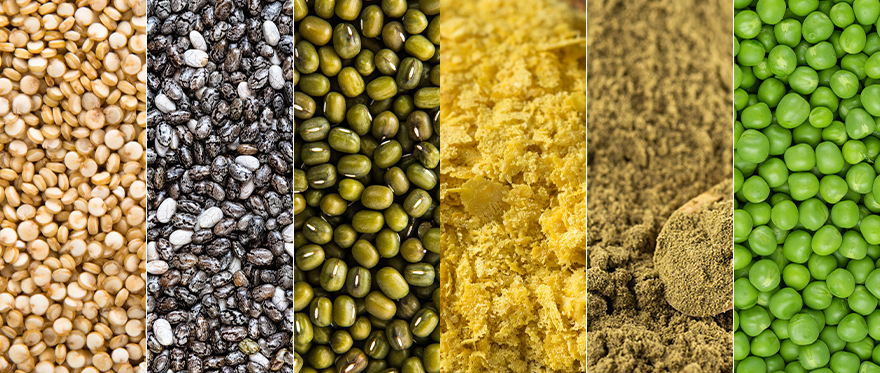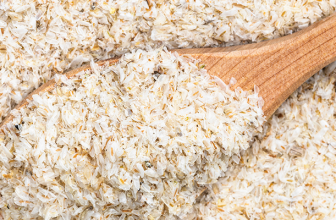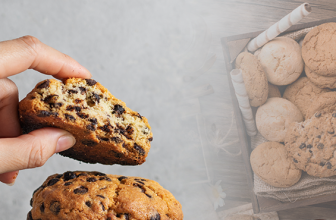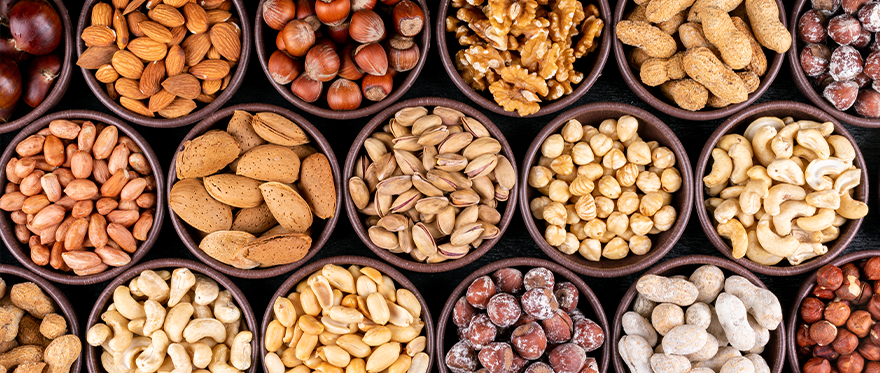
INTRODUCTION
Although it’s not always the first thing you think about when it comes to fiber, the best sources of this essential nutrient are actually found in your diet. Although there are plenty of ways to get fiber from supplements—which is often recommended for those who have lower than normal intakes or who need extra help with their digestion—it’s best to try and get your fiber from food first. Here are some of the best sources of natural fiber:
Your diet should include a variety of foods that contain fiber
Fiber is a type of carbohydrate found in plant foods and whole grains. It’s not digested or absorbed by the body, but it can have a significant impact on your health.
Fiber helps you feel full and aids in healthy digestion, which can reduce your risk of weight gain caused by overeating. It also lowers blood cholesterol and insulin levels, which may help prevent heart disease and diabetes, according to the American Heart Association (AHA).
Whole grains
Whole grains are an excellent source of fiber as well as many other nutrients. In addition to this, eating them also helps you feel full for longer periods and reduces your risk of developing diabetes and heart disease.
Unrefined whole grains contain more than just the starch inside their outer shells: they also contain vitamins, minerals and antioxidants (and some are high in protein). They can be eaten alone or added to other foods like breads.
Nuts
Nuts are a good source of fiber, but they’re also high in calories. Because of this, you should eat nuts in moderation. Nuts are also high in healthy fats and protein, which can help lower cholesterol and decrease the risk of heart disease.
In addition to the fiber content, nuts contain a number of other nutrients that are beneficial for your health:
• Healthy fats—Potentially lowering bad cholesterol and promoting good digestion
• Protein—Helping to maintain muscle mass
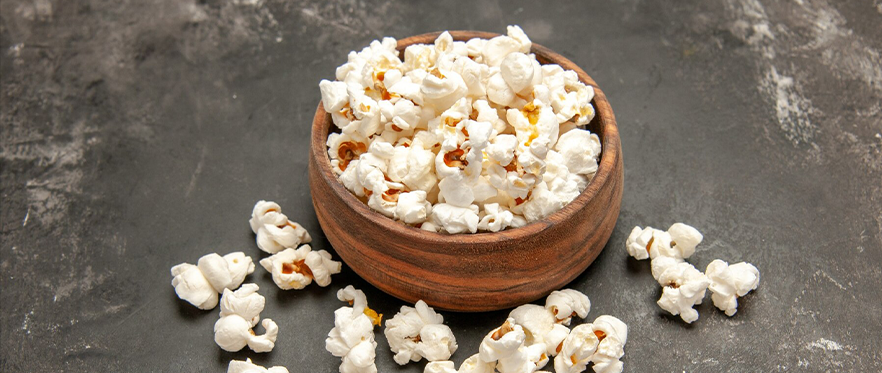
Popcorn
Popcorn is a whole grain food that is also high in fiber and antioxidants. It has been shown to help reduce the risk of heart disease, stroke and diabetes.
Popcorn is low in calories, fat free and doesn’t add any extra oil during preparation. You can add popcorn kernels to your diet by adding them to homemade trail mix or making your own popcorn with fresh herbs for an even healthier snack!
Legumes
Legumes, including beans, peas and lentils, are another excellent source of fiber. They have been shown to reduce the risk of heart disease and high blood pressure. They’re also high in protein, low in fat and can help you feel fuller longer so you eat less overall. Cooked legumes also contain fewer calories than animal proteins like chicken or beef because they don’t contain any cholesterol or saturated fat (which can raise your bad cholesterol levels), but they do contain protein that helps build muscle mass.
Seeds
Seeds are a great source of fiber, protein and healthy fats. And they’re high in minerals and vitamins.
Seeds are also a good source of B-vitamins such as thiamin (B1), pyridoxine (B6) and folic acid. They’re rich in phytochemicals that have antioxidant properties to help boost your health, including lutein and zeaxanthin for eye health; lycopene for prostate cancer prevention; selenium for immune support; saponins for digestion support; sapogenins for blood pressure reduction; plant sterols for heart health; isoflavones from soybeans which may reduce the risk of breast or prostate cancer.
Fruits and Vegetables
Fruits and vegetables contain fiber, a type of carbohydrate that is not digested by the body. Fiber helps with digestion and elimination, promotes regularity, and helps lower cholesterol levels.
Fiber also provides other health benefits such as lowering the risk for heart disease, diabetes, obesity and high blood pressure. Fruits and vegetables are naturally low in fat (with the exception of avocados) so they’re often included as part of a healthy diet to help you lose weight or maintain your current weight.
Fruits and vegetables contain essential vitamins, minerals and other nutrients that can promote good health if consumed daily
Conclusion
Fiber plays an important role in maintaining a healthy body. It helps keep your gut healthy, keeps you feeling full for longer, and supports good digestion. Eating foods that contain fiber can also help lower your risk for diseases like heart disease or diabetes.


